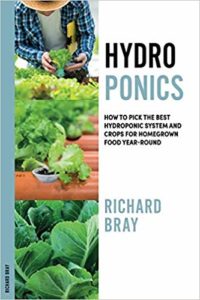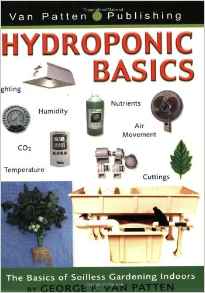Hydroponics – The Science of Indoor Gardening
The expression hydroponics represents the process of cultivating plants in a nutritional solution instead of in soil. It’s an innovative process of growing plants in water which possesses dissolved nutrients. This method is also known as indoor gardening, tank farming and aquaculture.
plants in water which possesses dissolved nutrients. This method is also known as indoor gardening, tank farming and aquaculture.
Research has demonstrated the point that plant roots are in a position to take up the nutrients from the water even without the need of soil. The new method hydroponics is structured on the idea that plants can be cultivated without any soil whatsoever.
Professor Gericke of the University of California, Davis, is thought to be the father of hydroponics. Professor Gericke, in 1929, demonstrated his innovation by maturing tomato crops in water to a quite impressive size. The Professor coined the name hydroponics for the way of life of plants in water.
Practically any plant can be made to develop through hydroponics. Nowadays, the new methods of hydroponics gardening and hydroponics farming are becoming widely used.
Advantages of Hydroponics:
Hydroponics is a very helpful technique when there is deficiency of land, and it is expanding, incredibly beneficial and productive to farmers. The favorable elements of hydroponics are listed down below.
Hydroponics –
• Eliminates soil-borne disorders and weeds.
• Involves no soil tilling or plowing.
• Handy in land shortage; plants can be placed very near to each other.
• Can be done in compact areas.
• Remarkably productive; high produce, significant amount of food can be made from small spaces.
• Involves only a small amount of water in comparison to traditional gardening.
• Enables the output of good quality plants under regulated environmental conditions.
• Makes it achievable to grow plants throughout the year.
Future of Hydroponics:
The future of hydroponics seems to be particularly shiny. As plants are cultivated inside, they can be prepared to grow practically everywhere, in any circumstance and any climate.
It’ll make it achievable to cultivate crops in Antarctica. The methods such as hydroponics or aeroponics may make it practical to cultivate fresh vegetables and fruits in space in some near future.








